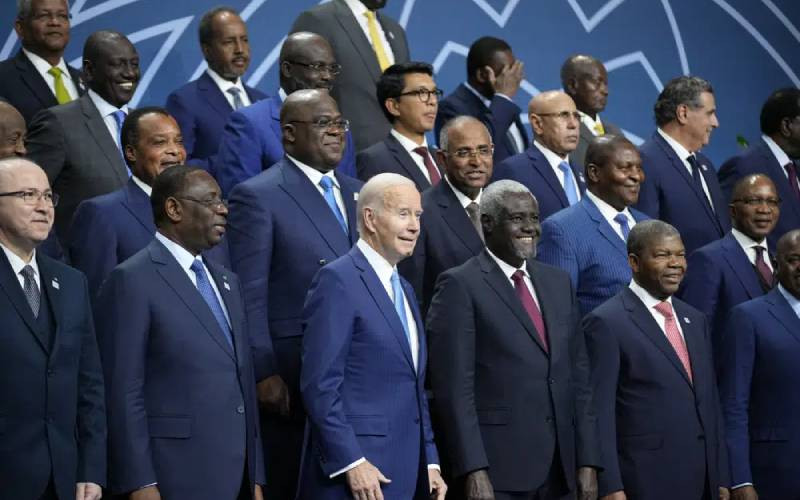×
The Standard e-Paper
Fearless, Trusted News

President Joe Biden said Thursday he will visit sub-Saharan Africa next year, the first U.S. president to travel there in a decade. He announced the trip - still unscheduled - as he wrapped up a U.S.-Africa Leaders Summit by stressing he's serious about increasing U.S. attention to the growing continent.
His promise of a personal visit came as Biden declared to the 49 leaders gathered for the summit that "Africa belongs at the table" in every conversation of global consequence.